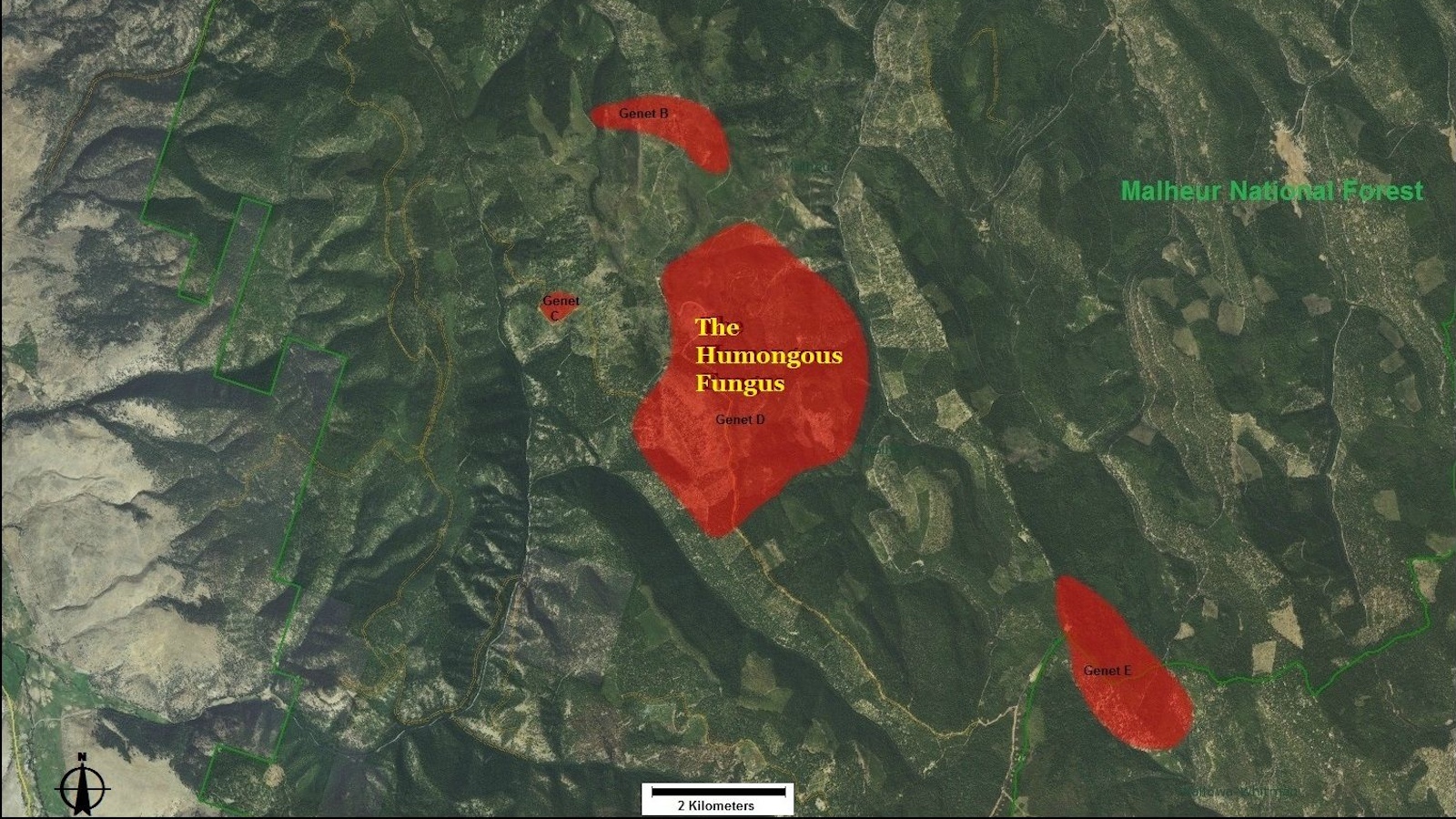The key to writing is concentration, not inspiration, says the author. It requires deep attention to your characters, to the world they live in, and to the story you have to tell.
Question: You’ve said that the act of writing transforms you into the best version of yourself; is it inspiration?
Salman Rushdie: It’s not inspiration. It’s concentration more and it is to do with developing skills of concentration and I think that is something which, well a few things I think about being a writer that you get better at with time. There are things that you perhaps don’t get better at. Energy is something which maybe declines, but I think concentration, focus, the ability to shut out the extraneous and focus on what you’re doing. I think the more you do it the better you get at it. I think that is true and I think it’s also true that… and I think I've heard other writers say it too, that when you write you in a way write out of what you think of as your best self, the part of you that is lacking in foibles and weaknesses and egotism and vanities and so on. You’re just trying to really say something as truthful as you can out of the best that you have in you. And so somehow the physical act of doing it is the only way you have of having access to that self. I mean when you’re not physically writing you don’t have the key to that door and but when you get into—and certainly speaking for me—when I get into a state of properly concentrated attention then I do think that that is... I think of that as my best self, the self that does that. And I wish I had access to it the rest of time, but at least I can find my way to it through that.
It’s not inspiration. I think inspiration is nonsense, actually. Every so often I mean like one day in 20 or something, you will have a day when the work seems to just flow out of you and you feel lucky. I mean you feel and often surprised and you don’t quite know why it is working like that. And on days like that it’s easy to believe in a kind of inspiration, but most of the time it’s not like that. Most of the time it’s... I mean I wish there were more of those days, but most of the time it’s a lot slower and more exploratory and it’s more a process of discovering what you have to do than just simply have it arrive like a flame over your head. So I do think it’s to do with concentration, not inspiration. It’s to do with paying attention and I think the business of writing a great deal of it is the business of paying attention to your characters, to the world they live in, to the story you have to tell, but just a kind of deep attention and out of that if you pay attention properly the story will tell you what it needs.
Recorded November 12, 2010
Interviewed by Max Miller
Directed / Produced by Jonathan Fowler






